Showy Milkweed (Asclepias speciosa) is similar in form to Common Milkweed but less aggressive, making it more manageable in a garden setting. About 3 feet high, it features large oval leaves, and spikey pink flower clusters atop thick stems. The very fragrant blooms give way to prominent 2 – 3-inch-long seed pods and the leaves turn bright Gold in the fall. Native to the western U.S. and upper Midwest, Showy Milkweed tolerates a variety of soil types and conditions and is very drought tolerant. Monarch butterflies lay their eggs exclusively on plants in the Asclepias genus, otherwise known as milkweeds. Description from Prairie Nursery
Home > Plant Guide >
Scientific Name
Family
Garden Type
Wildlife
Native Plant Region
Light needs
Water Needs
Plant Type
Bloom Color(s)
Height
Width
Months in Bloom
Safe Beneath Power Lines?
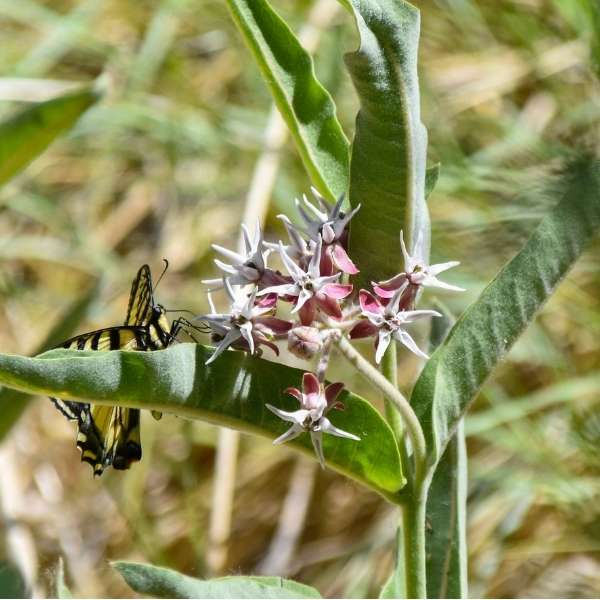
We’d like to maintain accurate and robust plant listings. If you see information that is not correct or that could be added to improve the listing, please let us know. Or if you’d like to suggest a plant to add to our plant guide, you can use this form do so. Thank you!

Learn about diversifying the way architecture is taught and practiced from designers of color.
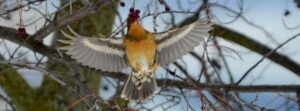
Take a virtual trip across Capitol Hill to learn about urban habitat types, how to identify the unique birds they support, and what we can do to make the neighborhood a safer place for them to live.
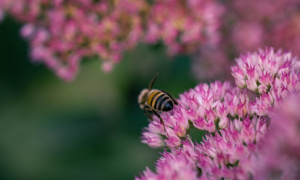
This workshop will guide you through the process and materials needed to help you decide if Mason Bees are right for you and your garden, whether you have a small deck or an open garden.
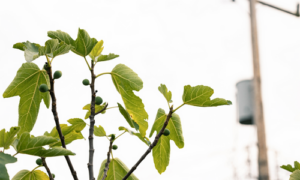
Learn about the diversity in pigeon populations in the United States and the implications of this variability on the species.
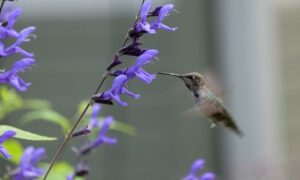
Protecting the trees and other vegetation that what we currently have is perhaps the most important way to ensure biodiversity in cities.
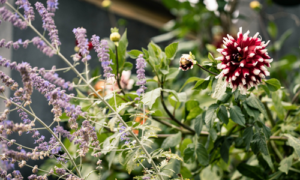
Learn about container gardening with shrubs, trees, herbs, veggies, perennials, and annuals. A special focus will be on plantings that provide pollinators with food and that encourage bird habitat.
Nature of Your Neighborhood is a collaboration between Birds Connect Seattle, the Capitol Hill EcoDistrict, and the Seattle Bird Conservation Partnership. Our goal is to foster relationships between the people and the nature of their neighborhoods.